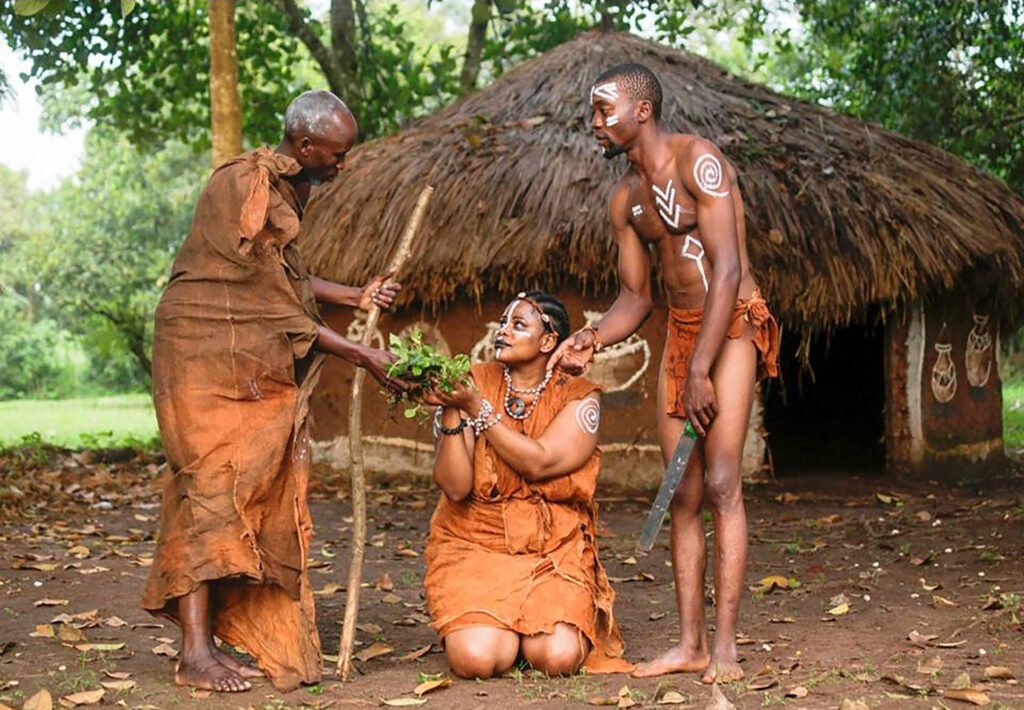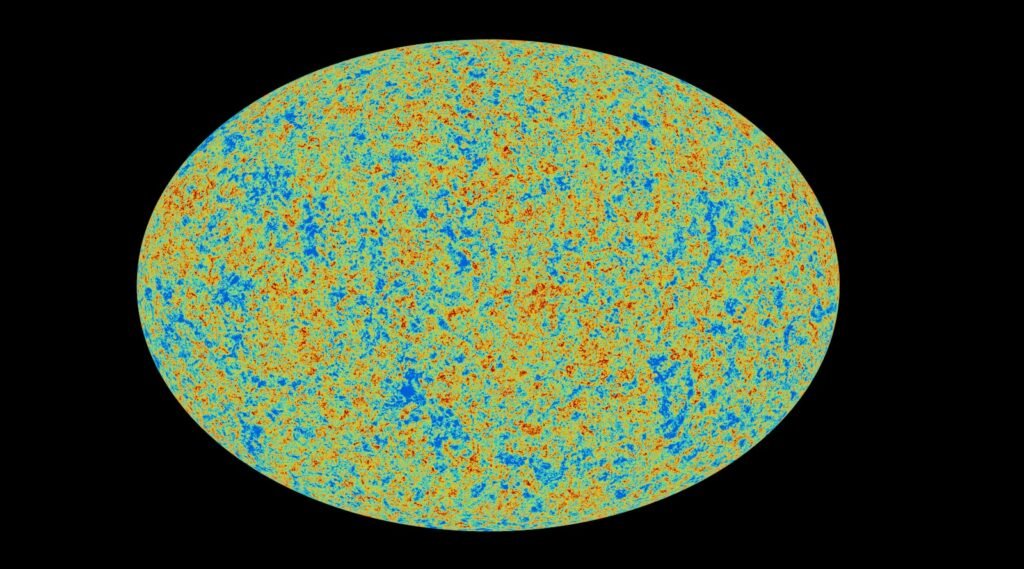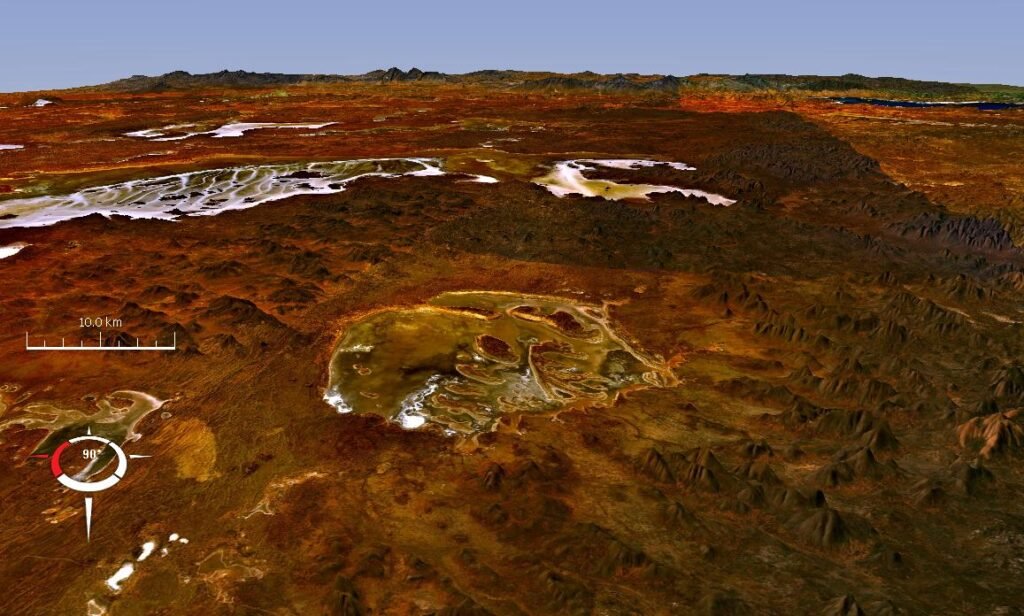The vast tapestry of human knowledge is woven with threads from diverse cultures across the globe. Among these, indigenous knowledge systems stand out for their profound contributions to contemporary science and medicine. These systems, often rooted in a deep understanding of the natural world, have provided valuable insights that continue to influence modern practices. This article explores the vital role that indigenous knowledge plays in shaping science and medicine, highlighting the profound impact it has had and continues to have in these fields.
The Foundation: What is Indigenous Knowledge?

Indigenous knowledge refers to the understandings, skills, and philosophies developed by societies through long-term interaction with their natural surroundings. Highly localized and specific to communities, this knowledge encompasses practices related to agriculture, resource management, health, and social organization. Unlike scientific knowledge often tested through controlled experiments, indigenous knowledge thrives on experiential learning passed down through generations, encapsulating holistic approaches to life and natural phenomena.
A Holistic Approach to Medicine

One of the most prominent areas where indigenous knowledge has left an indelible mark is in medicine. Traditional healing practices, which often integrate physical, spiritual, and emotional well-being, have informed modern holistic approaches to health care. Practices such as Ayurveda, Traditional Chinese Medicine, and Indigenous American healing systems emphasize balance and are increasingly recognized in contemporary medical settings. The World Health Organization acknowledges the value of these systems in providing primary health care worldwide.
Ethnobotany: A Well of Medicinal Plants
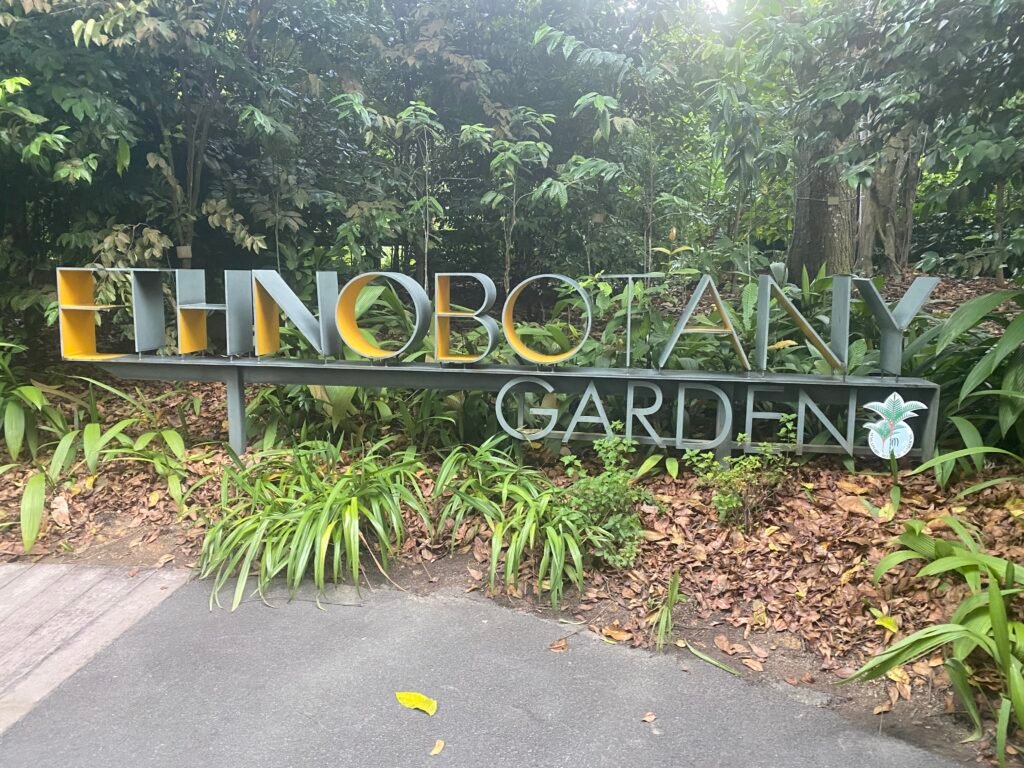
Indigenous communities have long harnessed the medicinal properties of plants, a field known as ethnobotany. This traditional plant-based knowledge has fueled discoveries leading to modern pharmaceuticals. The use of willow bark for pain relief by Native Americans, which centuries later led to the development of aspirin, is an iconic example. Today, researchers continue to look toward indigenous practices to identify new botanical compounds with potential therapeutic applications.
Environmental Science and Sustainability
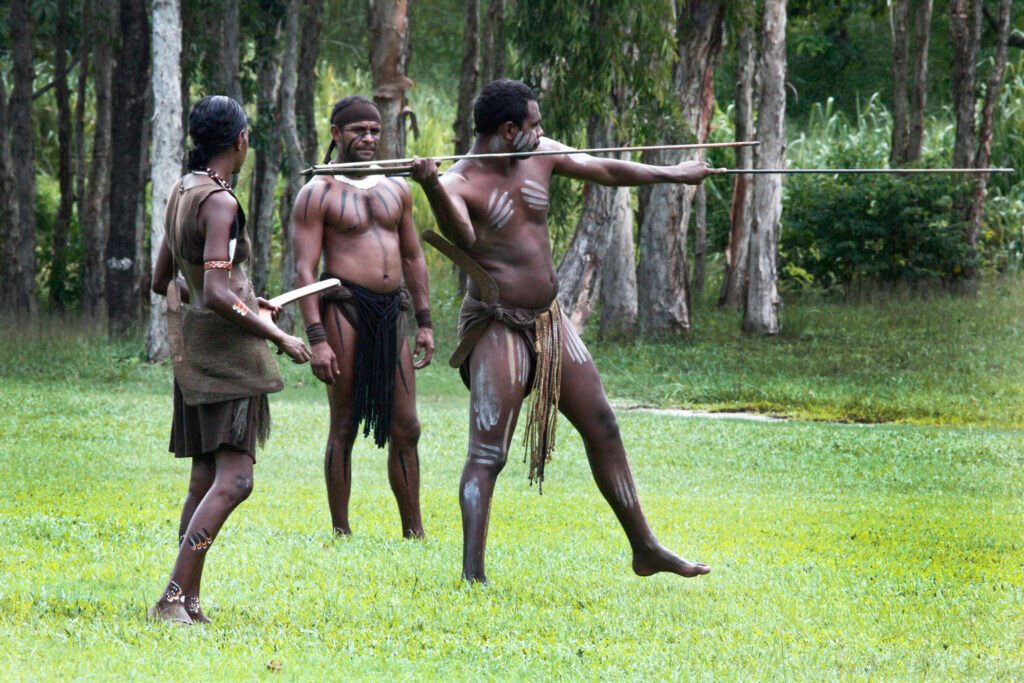
Sustainable natural resource management practiced by indigenous groups has informed modern environmental science. Techniques such as the controlled use of fire in landscape management—practiced by Indigenous Australians and various North American tribes—have been studied to develop methods for fire prevention and ecosystem restoration. These practices underscore the importance of biodiversity and sustainability, principles that modern environmental policies strive to incorporate.
Integrating Traditional Ecological Knowledge
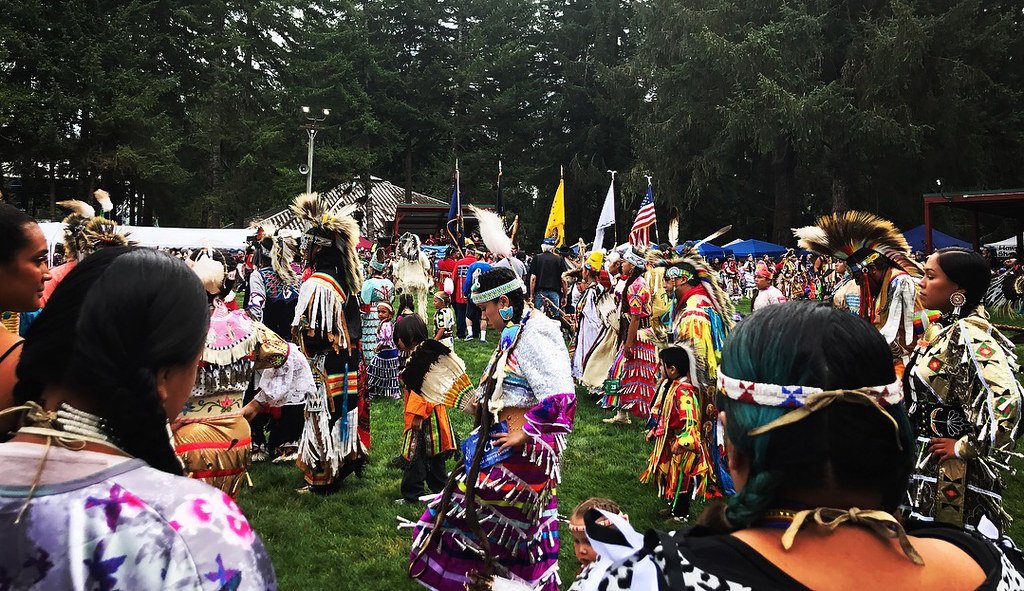
Traditional Ecological Knowledge (TEK) involves understanding ecosystems based on indigenous people’s observations, practices, and spiritual beliefs. This knowledge system provides insights into ecosystem health and guides conservation efforts. By incorporating TEK, scientists gain a more comprehensive understanding of ecosystems, leading to improved strategies for biodiversity conservation and natural resource management.
Cultural Contexts in Health and Science
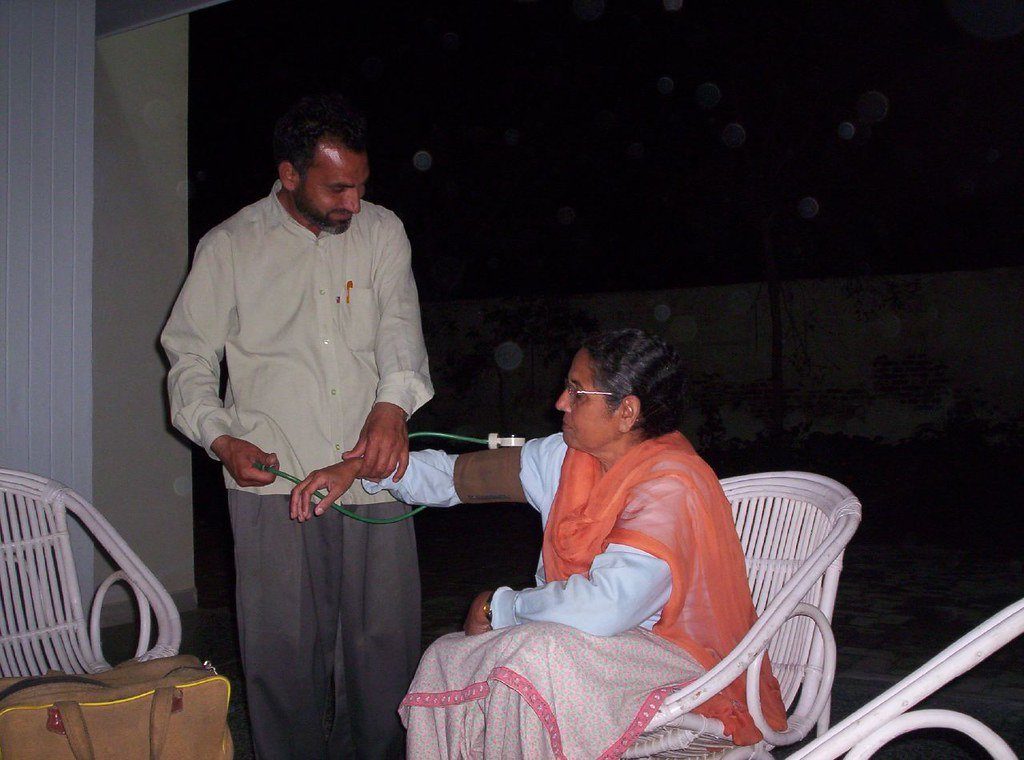
Indigenous knowledge emphasizes the cultural contexts of health and scientific practices. It acknowledges the interconnection of human health with community, culture, and environment. This perspective enriches modern science by advocating for an inclusive approach that considers cultural diversity in research and health care, fostering more effective and empathetic solutions.
The Importance of Collaboration
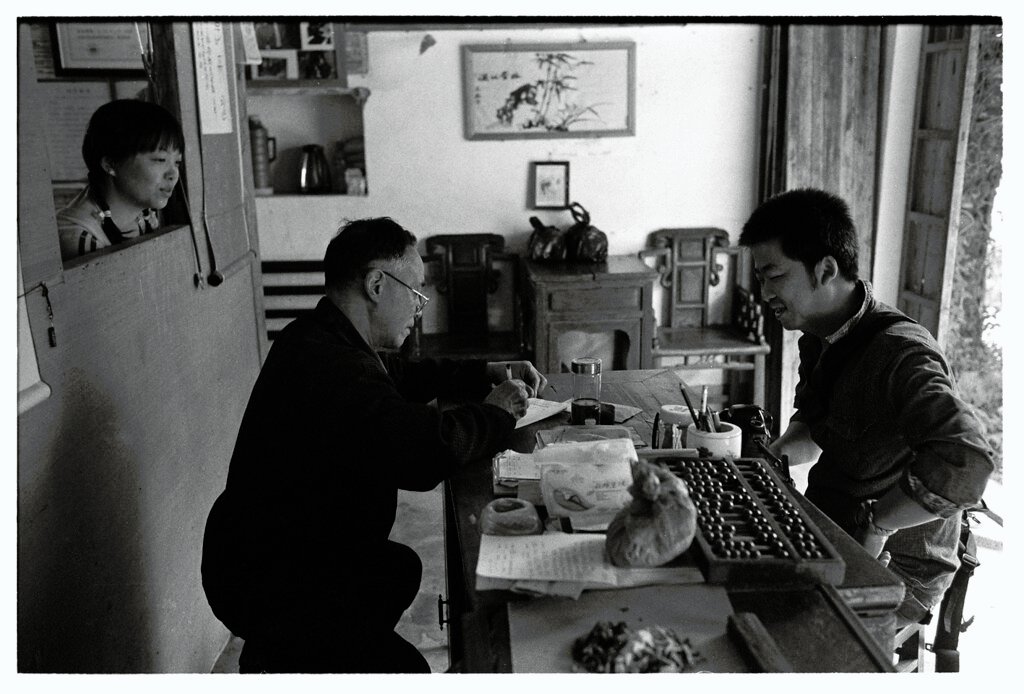
Effective collaboration between indigenous knowledge holders and modern scientists is crucial to advancing science and medicine. Benefit-sharing, mutual respect, and ethical partnerships are essential for ensuring that indigenous contributions are recognized and integrated appropriately. Collaborative endeavors, such as participatory research projects, enable knowledge co-creation, enriching both scientific inquiry and indigenous cultural preservation.
Revitalizing Indigenous Languages and Knowledge
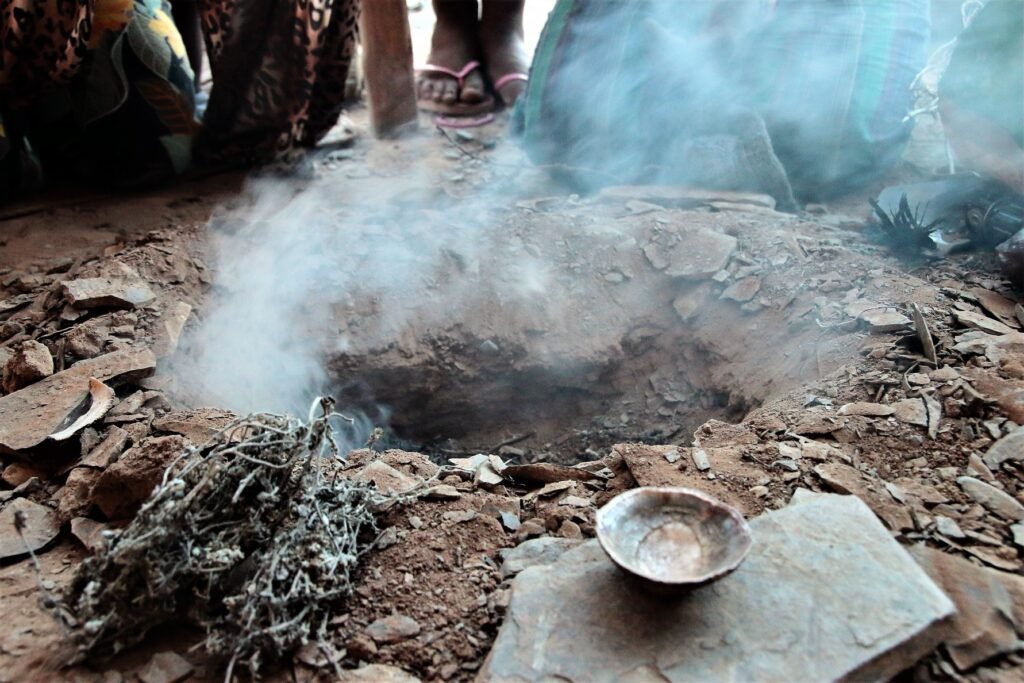
Many languages remain the primary repositories of indigenous knowledge. Revitalizing these languages involves preserving the knowledge they encode, contributing to cultural diversity and intellectual richness. Efforts to document and incorporate indigenous languages in scientific discourse aid in preserving invaluable traditional wisdom for future generations.
Challenges and Opportunities

Despite the rich contributions of indigenous knowledge to science and medicine, challenges remain. Intellectual property rights, cultural sensitivity, and ethical considerations must be navigated carefully. However, these challenges present opportunities to create systems that respect and integrate indigenous wisdom, forging pathways towards more inclusive and sustainable scientific practices.
The Future of Indigenous Knowledge in Science
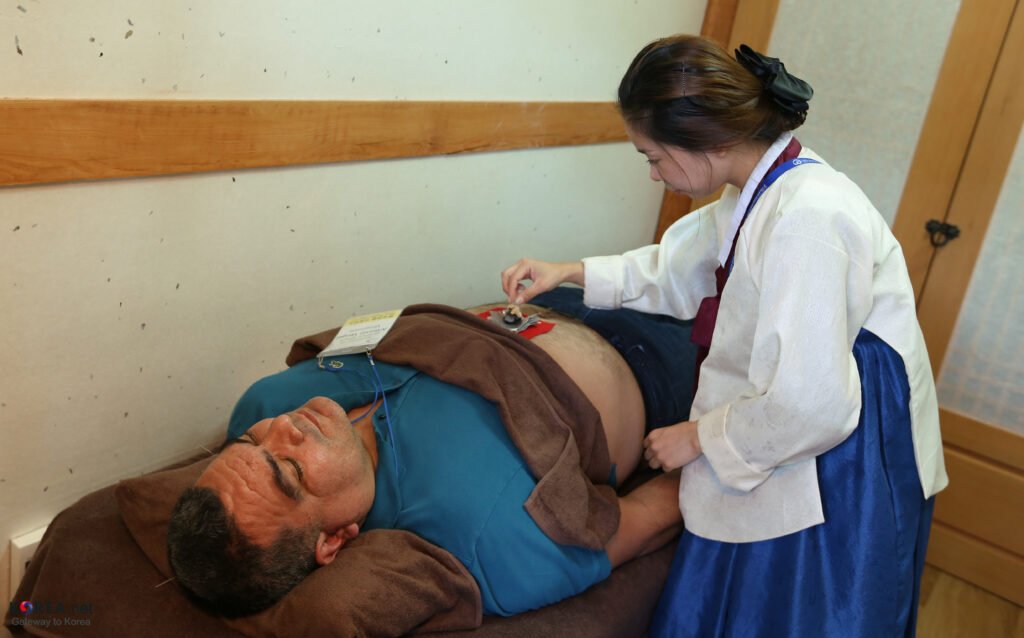
As interest in indigenous knowledge grows, its future in science and medicine shines bright with potential. Engaging indigenous youth, encouraging interdisciplinary studies, and fostering dialogue between traditional and modern practitioners will pave the way. This integration promises a richer, more holistic understanding of human health and the environment—one that honors the wisdom of the past while innovating for the future.
In conclusion, indigenous knowledge is not just a relic of the past but a living, evolving body of wisdom that continues to inform and enrich modern science and medicine. By recognizing and valuing this knowledge, we not only honor the contributions of indigenous communities but also ensure that these invaluable insights propel future scientific advancements. As we build bridges between traditional and contemporary understandings, we create a world where diverse knowledge systems coexist, collaborate, and contribute to the well-being of all.

